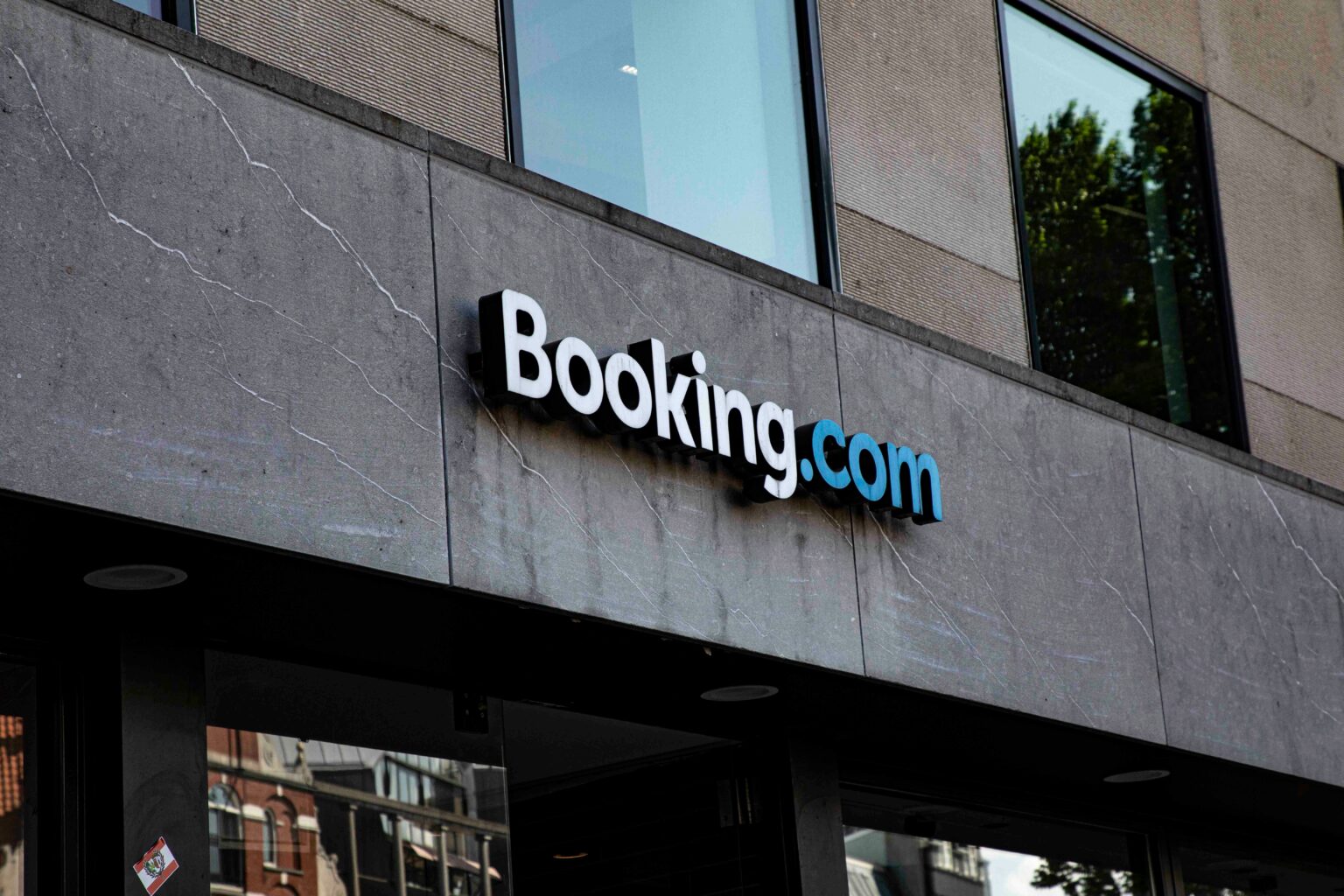A coalition (Stichting Hotel Claims Alliance) of 26 national hotel associations across Europe has launched a coordinated legal action against Booking.com, accusing the travel platform of enforcing pricing practices that distorted competition and harmed hotel operators for nearly two decades.
The legal move comes in the wake of a 2024 ruling by the European Court of Justice (ECJ), which found that so-called “rate parity clauses” used by Booking.com were unnecessary and could limit competition, even though they were not automatically deemed anti-competitive under EU law.
A Cross-Continental Effort
Hotel associations from Austria, Belgium, Croatia, Cyprus, Czech Republic, Denmark, Estonia, Finland, Germany, Greece, Hungary, Iceland, Ireland, Italy, Latvia, Liechtenstein, Lithuania, Luxembourg, Netherlands, Norway, Poland, Portugal, Romania, Slovakia, Slovenia, and Switzerland have endorsed the litigation. Greek hoteliers are among those joining the coordinated effort, signaling the broad geographical reach and financial significance of the case.
The lawsuit, to be centrally adjudicated in the Netherlands, is open to any hotel that paid commission fees to Booking.com between 2004 and 2024. Claimants have until July 31, 2025 to register their participation via a designated legal platform. The collective action seeks compensation for overpaid commission fees and associated interest.
Challenging Rate Parity Clauses
At the core of the dispute are “rate parity clauses” — contractual provisions that prevented hotels from offering lower prices on their own websites or through rival platforms. Hotel operators argue that these clauses severely restricted pricing autonomy, raised operational costs through high commissions, and reduced competitive dynamics in the online travel market.
Booking.com introduced these parity conditions in the early 2000s as part of its standard agreements with hotel partners across Europe. Critics say the practice disproportionately impacted smaller and independent hotels that lacked the negotiating power of larger chains.
According to industry umbrella group HOTREC, which represents 47 national associations in 36 countries, the lawsuit is a response to years of imbalanced commercial terms.
“European hoteliers have long endured unfair conditions and inflated costs. Now is the time to stand together and seek redress,” said HOTREC president Alexandros Vassilikos.
Booking.com Pushes Back
In a statement, Booking.com disputed the interpretation of the ECJ ruling and said it had not been officially notified of the Europe-wide legal action.
“The ECJ judgement relates specifically to questions asked by the Amsterdam District Court in relation to litigation between Booking.com and some German hotels disputing the legality of price parity clauses in Germany between 2006 and 2016,” a spokesperson said.
“The court did not conclude that Booking.com’s German parity clauses were anti-competitive or had an effect on competition. The Amsterdam Court will now need to make a decision specifically on German parity clauses only.”
Wider Implications for Digital Markets
While the ECJ ruling did not classify rate parity clauses as inherently unlawful under EU competition law, it emphasized that such clauses could negatively affect competition and reduce consumer choice — particularly in the highly concentrated digital travel booking sector.
The case has broader implications for platform regulation and the balance of power in digital marketplaces. Legal experts and regulators are closely watching the outcome, which may serve as a precedent for similar practices in other sectors where dominant online platforms set commercial terms for smaller market participants.
For the European hospitality industry, the case marks a turning point in its relationship with large booking intermediaries. As hotels continue to recover from the economic disruptions of recent years, many see this legal action as a chance to reclaim control over pricing strategies and foster a more transparent, competitive environment for travelers and service providers alike.
